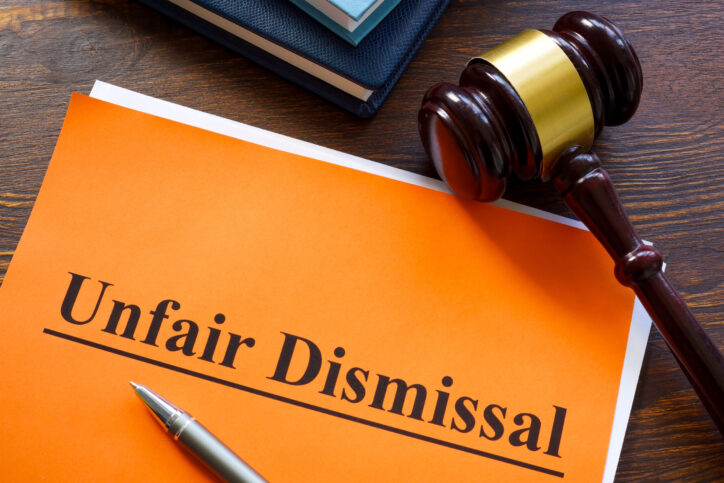How do you know your performance is good? Without evidence, knowledge or research, your opinion of your performance is either based on ego or people’s feedback.
https://vimeo.com/365677019
Benchmarking involves analysing a number of companies in your business’s area, looking at what the top quarter are doing financially, in service efficiency, sales efficiency and other relevant metrics.
Zaun Bhana Managing director of Leap Consulting, says a great example is a plumber: “If I’m a plumber and I can fix one toilet every day and the benchmark is three or four, then do I have a problem?” he says
“So, benchmarking should allow you to compare your performance and ask questions about your business in a way where you’re not making assumptions.”
It will also help you work out if you’re pricing yourself correctly, if you’re as profitable as you should be and what your peers are doing differently.
“A good example for us is that for years we thought a particular sales model was the only model that we could go to market with,” he says.
“We got involved with benchmarking and discovered a whole group of organisations and were able to perform through something we hadn’t considered before we had access to the data, so we didn’t think it was possible.”
Bhana regularly benchmarks his business against peers.
“We enter our profit, loss and balance sheet information and head count ratios into an online system, which is very specific and gives us a 50-page report every quarter on how we’re performing relative to our peers,” he says.
“We have competitors that also use that benchmarking system, so in some way their numbers are in that mix. That’s the ultimate and what we think is the gold standard of what you would consider as benchmarking.”
A generic way to benchmark is by using an official industry report that shares some metrics on profitability and ratios.
However, this information has lots of input and you need to make assumptions in the data.
You can also ask staff who previously worked for competitors how they think they were performing, or their previous company was performing and what was it relative to?
This resource is often underestimated. Ask your accountant, your recruiter, your insurance company as they will have information that you can use to benchmark yourself.
A common mistake is not knowing all the information that goes into benchmarking and if you are comparing different inputs and an unequal offering, you will come to an incorrect conclusion.
Alternatively, a person might not get the right information from the finances – perhaps data came from an incorrect source or was entered incorrectly.
“Sometimes there’s geographic differences so certain costs in one geography don’t apply in others,” Bhana says.
About $5000 is the starting price for gold service benchmarking and it scales up from there. Bhana recommends benchmarking once you’ve been in business three to five years.
Finally, it is vital to share your benchmarking journey with your staff.
“When you start making changes and establishing rules and policies, it gives all of your team an understanding of where they came from. It’s also important because it will grow their knowledge, competence and skills.”
“Don’t forget to tell your staff ‘hey, great job, thanks everyone, this was what we were able to do’.”






